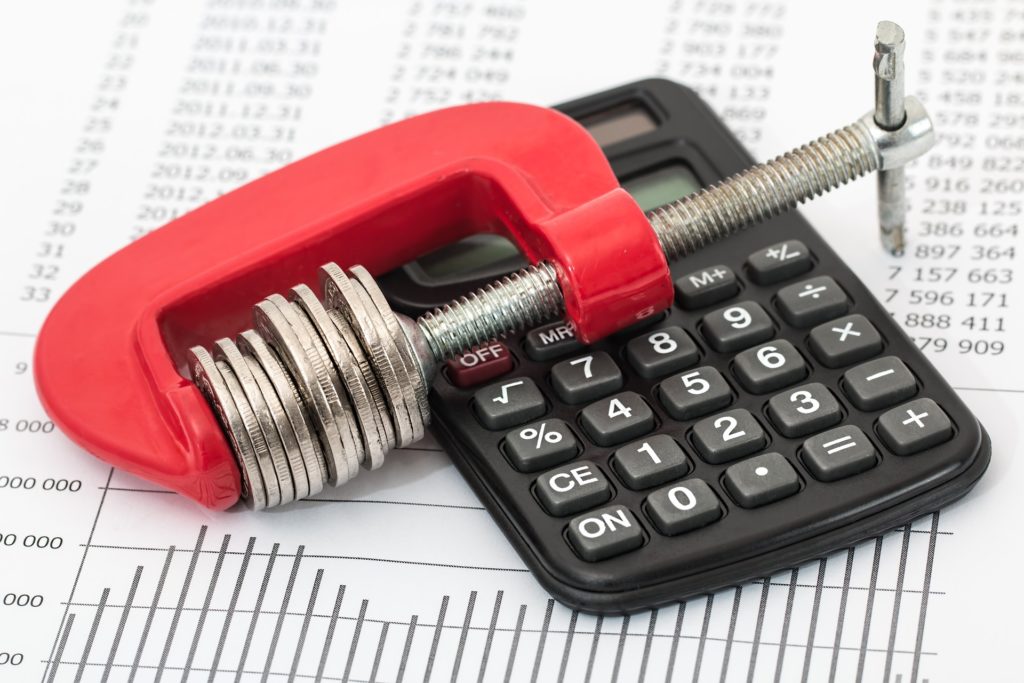All self employed businesses are required to complete a self-assessment tax return (SA100). Therefore, it is important to know which business expenses can be claimed against the income of the business to calculate the taxable profit.
There are allowable expenses which can be included in the tax calculation but there are other expenses which cannot be claimed back. In this article, we will go through business expenses which can be claimed as allowable expenses.
Allowable Business Expenses
When deducting expenses, it is important that you understand which expenses are tax deductible expenses. HMRC has provided clear guidelines & rules on which business expenses can or cannot be deducted from the income of the business. Therefore, expenses that can be claimed are called “Allowable Expenses”.
It is your responsibility to ensure that you adhere to the HMRC rules on these allowable business expenses and only deduct the expenses which are solely related to your business.
Here is an example:
If total turnover of the business is £30,000 and you are paying office rent £200 per month. Then, you can deduct £2,400 (£200 x 12) as a business expense while calculating the taxable profit.
Following is the list of allowable business expenses which you can claim:
- office costs, for example stationery or phone bills
- travel costs, for example fuel, parking, train or bus fares
- clothing expenses, for example uniforms
- staff costs, for example salaries or subcontractor costs
- things you buy to sell on, for example stock or raw materials
- financial costs, for example insurance or bank charges
- costs of your business premises, for example heating, lighting, business rates
- advertising or marketing, for example website costs
- training courses related to your business, for example refresher courses
You cannot claim expenses if you use your £1,000 tax-free ‘trading allowance’.
Expenses with both personal and business elements
There may be expenses which have both personal and business elements. When calculating profit, only business expense can be deducted.
For example:
Your utility bill for the month is £250 of which £90 is for business use and £160 for personal use.
You are only allowed to claim £90 as a business expense.
Simplified Expenses for Self Employed
Simplified expenses allows you to calculate specific business expenses at a flat rate rather than using the actual cost of those expenses.
It is not mandatory to use simplified expenses but you can choose it if it suits your business. Simplified expenses are solely used by sole traders or partnerships with no limited company as partner. Limited companies or partnerships with limited company as panthers cannot use simplified expenses.
Simplified business expenses can only be used for specific business costs which includes vehicles, work from home or if you are living in business premises. In order to calculate flat rate for these costs, you can visit HMRC’s Simplified Expense Checker.
How to claim allowable business expenses?
It is a responsibility of self employed or a business person to keep accurate record of all expenses incurred in the business in a financial year. Spreadsheets are the best way to stay organised and its functions can provide up to date analysis of business expenses.
It is important that all business financial records are accurate, failure to submit accurate information to HMRC will result in fines or penalties.
You can add up all allowable business expenses for the tax year (6th April to 5th April) and include them on your self assessment tax return (SA100) There is no requirement to submit a proof of expenses when submitting the tax retutn. However, HMRC may ask you to produce these at a later stage, if required.
As per HMRC guidelines, business records must be kept for six years after filing the tax return.
Contact us for more information on business expenses.
AG ACCOUNTING SOLUTIONS LTD – ACCOUNTANTS IN SLOUGH

